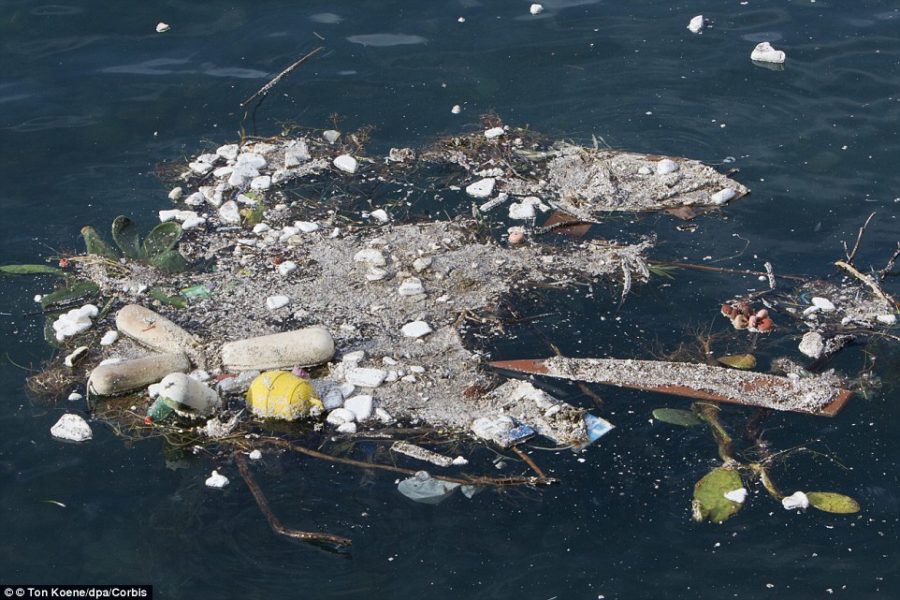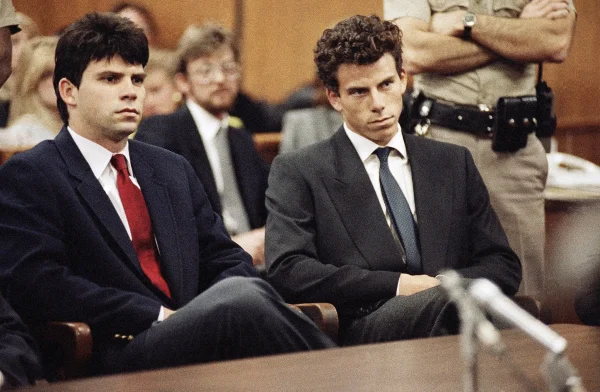Environmental pollution continues to plague us
A widespread issue that plagues our world is environmental pollution, which is defined as, “the presence in or introduction into the environment of a substance or thing that has harmful or poisonous effects.”
Specifically, oceanic waste adversely affects marine life and the ecosystem that they reside in. Waste also washes up on the shore of islands and landforms that impact terrestrial life as well. Life that is specifically found in marine environments thrive when living under ideal conditions, but exposure to contaminated substances hinders their ability to survive and reproduce.
These wastes severely impact the ecosystem for both marine life and, to an extent, terrestrial life as well. In other words, it means that we create an increasingly severe problem for ourselves and for everyone and everything that lives around us.
Plastics released as waste into the oceans pose a serious threat to marine life. The abundance of plastics found in the oceans cause inevitable and disastrous ecological effects.
Director of the Environmental International Program Simon Reddy said, “It is estimated that up to 13 million metric tons of plastics end up in the oceans each year- the equivalent of a [rubbish] or garbage truck load’s worth every minute. Fish, seabirds, and marine mammals can become entangled in or ingest plastic debris, causing suffocation, starvation, and drowning.”
Excessive exposure to waste of any form is a hazardous matter that will inevitably lead to disastrous consequences, such as thousands of animals perishing at the hands of pollution.
What can be done about this? How can we fight this plague and revert the effects of our actions?
Parts of the United States have already recognized the criticality of plastic pollution and have resorted to finding alternatives or finding new methods to reducing the use of plastics or potential pollutants. Merrit Kennedy, a journalist from National Public Radio Inc., reported that California has issued a state-wide ban on plastic bag usage at grocery stores and large retailers and that “multiple cities and countries either have a ban on plastic bags or charge a small fee to use one.”
Large companies, in tandem, have decided to join in one the effort. Kroger Co., one of the largest supermarket companies in the United States, has decided to switch to environmentally -friendly alternatives to plastic bags starting in 2019.
“We listen very closely to our customers and our communities, and we agree with their growing concerns,” Mike Donnelly, Kroger’s executive vice president and COO, said in a statement. “That’s why, starting today at QFC, we will begin the transition to more sustainable options.”
Kroger’s customers recognize the level of danger that they themselves and other shoppers are causing on the environment. Kennedy also reported that “single-use plastic bags create a huge amount of waste. According to the Environmental Protection Agency, “more than 380 million plastic bags are used every year. That plastic can end up in waterways, harming marine life.”
It is quite evident that something is done in order to combat the adverse effects of marine pollution. Good thing, there are a multitude of things that you can do in order to reduce the amount of plastic consumed daily. For instance, instead of using single-use plastic bags, reusable bags can be used as a substitute. This is because these plastic bags are used once, and usually thrown away after a single use. These bags make their way into landfills, and eventually the ocean, where the real problem begins. Another example of how you can help the environment is by using an alternative to plastic straws, which kills thousands of animals per year.
Single-use plastics are a hazard to this world and a change must be made. We must convert to more environmentally effective and sustainable alternative to plastics to reduce pollution rates and make the world a better place for us all.

I am a senior at NHS. I took Journalism because I found a way to manipulate my schedule.








